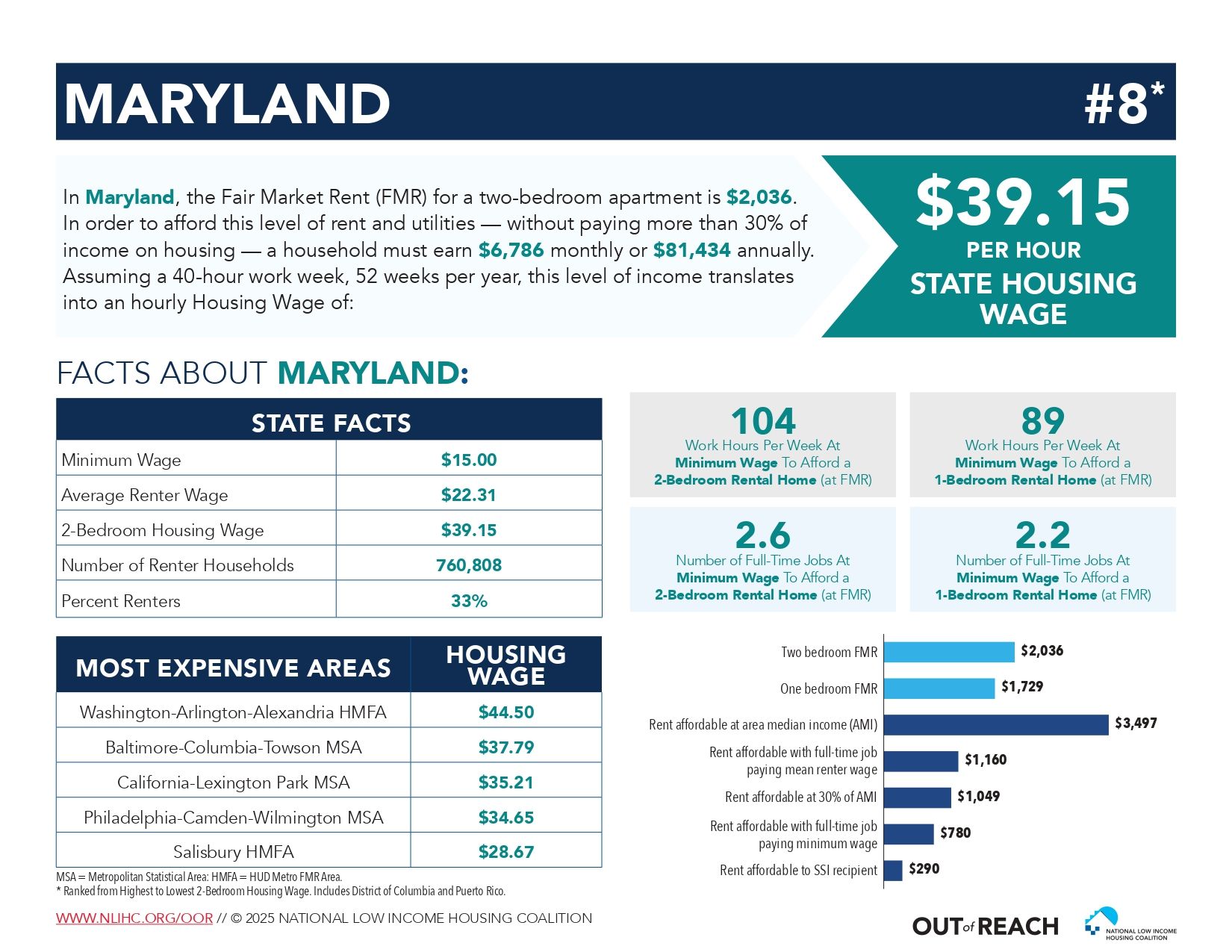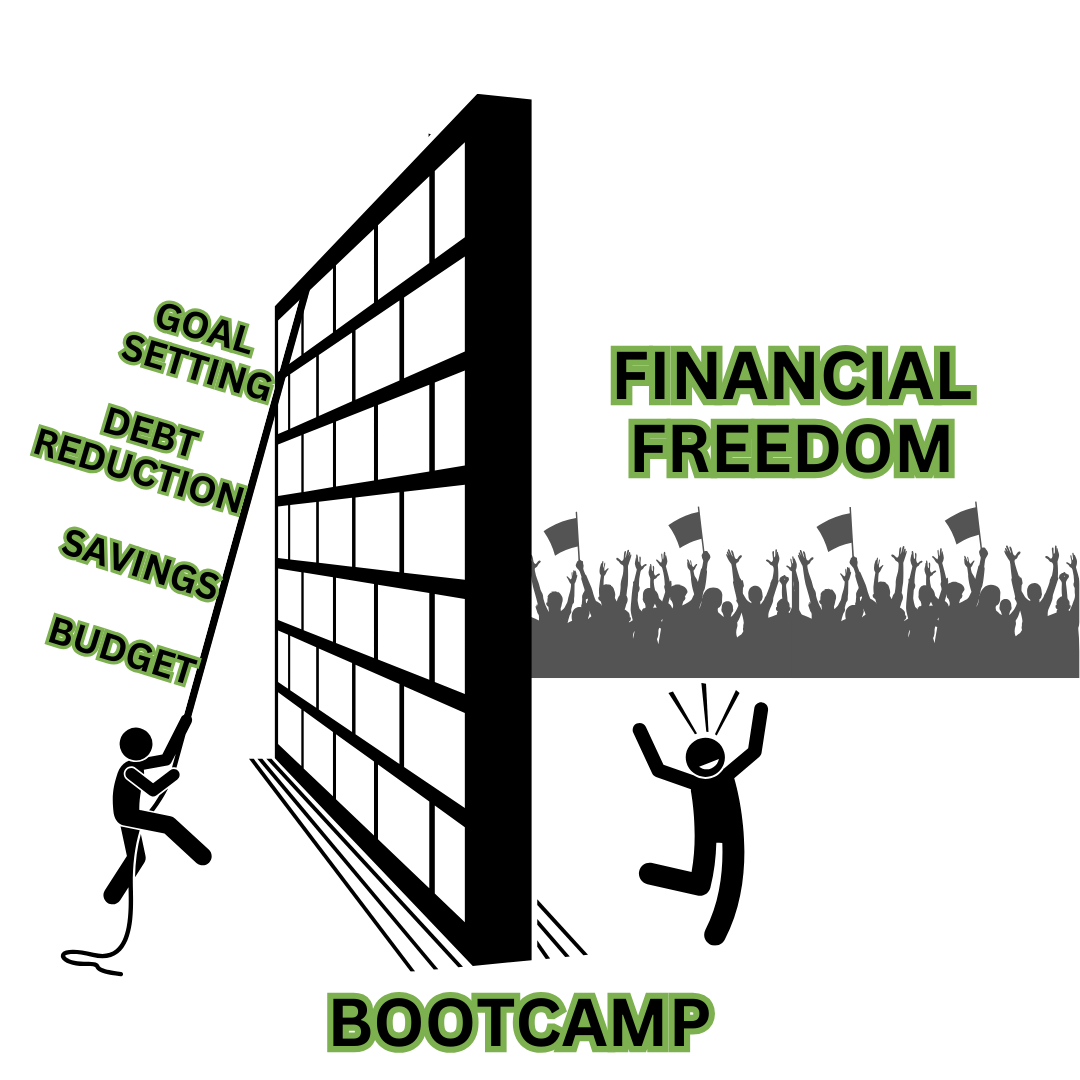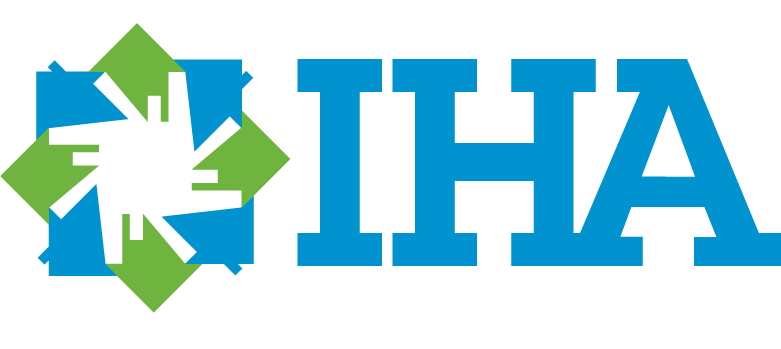Homeownership Success!
Melanie was referred to IHA’s Purchase Repair Homeownership program in May 2015 by her real estate agent because her income was so low and had less than $50 in savings to put toward the purchase of a home. Kelly Losquadro with Long & Foster was familiar with the program and had successfully helped two other program participants become homeowners as well. Unlike most of IHA’s homeownership candidates, Melanie’s credit score was just high enough to prequalify immediately for the USDA-RD 502 Direct home loan. She had worked very hard for three years to get that score after an unexpected divorce and subsequent bankruptcy.
Not only was Melanie motivated to own her own home someday, she knew that financially the sooner she could make it happen the better. Because of her low income, she could only afford to pay $600 a month for housing. The apartment she was renting for herself and her 15-year old daughter was $875 a month and would be increasing every year.
Even though the lender did not require a down payment, there are other upfront costs associated with buying a home such as an earnest deposit that is required when making a contract offer and several different types of inspections. Melanie was advised that she would need to save $1,500 to $2,000 in order to become a homeowner. So she scrimped and saved and by August she was ready to begin shopping!
In her price range, there is a lot of competition from investors who like to buy fixer-uppers and flip them after they are renovated. Melanie persevered and finally made a successful contract offer on a home in downtown Woodsboro which was tiny but perfect for her needs.
Everything was going smoothly toward settlement until a week before closing when the appraisal came back much lower than expected. Melanie was faced with having to pay almost $3,000 in closing costs out of pocket – money she did not have and couldn’t borrow. Melanie would have had to walk away from the home of her dreams (and her $1,000 earnest deposit) if it hadn’t been for the PNC Bank Homeownership Assistance Fund managed by the Community Foundation of Frederick County. IHA had been awarded $1,442.55 in October of 2014 and $1,393.13 in November 2015. The entire amount was given directly to Melanie’s settlement company so that she could proceed.
In Decemeber 2015, Melanie and her daughter moved into their new home and began the hard work of repairing the many items on her list that she could learn to do for herself, thus saving money over her entire lifetime of homeownership. She did some siding and gutter repairs, she did interior trim work, removed and fixed window sashes and interior doors, she installed closet shelving and rods, and she caulked throughout the interior and exterior of her home. She even crawled under her home to install the dryer vent properly!
All of Melanie’s hard work and perseverance paid off. She has a mortgage she can afford, a home she loves, and $10,000 in “sweat equity” already!



